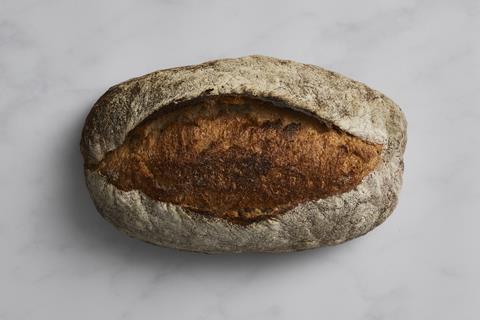
Gail’s Bakery has reformulated some of its bestselling bread recipes to improve nutrition, flavour, and sustainability.
The initiative, which was launched yesterday (22 February), sees new inclusions of emmer, spelt, rye, and barley introduced to four different loaves. These are:
- Waste-Less Sourdough – a dark, chestnut-scented, craggy and crusty loaf with a natural burst from being baked seam-side up. Part of the Waste-less range, the loaves are made using surplus bread from the previous day
- Potato & Rosemary Sourdough – made with roasted potatoes, fresh rosemary, nigella seeds and olive oil, with a golden brown, glossy and blistered crust scattered with flecks of crispy potato skin
- Baguette – a classic baguette offering a thick chewy crust with an off-white crumb
- Ciabatta – a highly hydrated hand-shaped loaf with a rustic, craggy crust, made with a combination of sourdough starter and fresh yeast.
In addition, a brand-new House Sourdough has also been unveiled featuring the four whole grains and presenting a light brown crust with a creamy off-white open crumb.
Gail’s said the move was part of a wider commitment to greater biodiversity and better farming. For example, barley is key to the kind of crop rotation needed to pursue healthy farming practices that support soil health and promote biodiversity, and old heritage grains such as emmer and spelt are fighting for wider acceptance amongst farmers and buyers.
“For almost the entirety of human civilisation, bread has fed humans,” said Gail’s executive master baker Anomarel Ogen. “Bread is at the core of what we do at Gail’s and baking with diverse whole grains from farmers focused on soil health reflects another step in our ever-deepening commitment to honouring the sacred bond between farmer, miller and baker.”
In its latest results for the financial year ended 28 February 2023, Gail’s reported revenue of £135.3m helped by its estate expansion of 28 new stores. This included a new site in Manchester, which marked its first location outside of the south east, with several more opened since including in Oxford and Cambridge. Its current estate stands at 125 locations.



















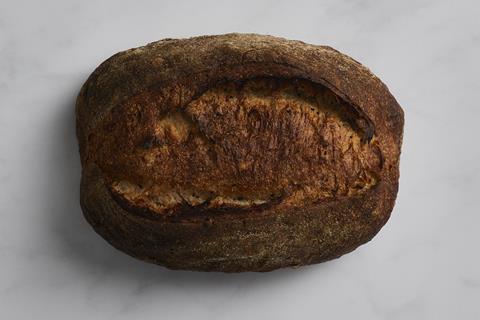
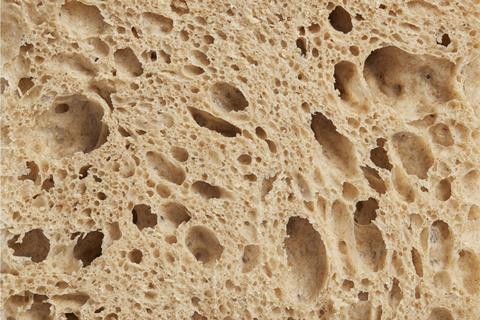
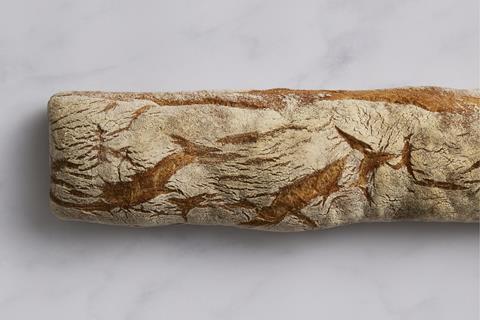
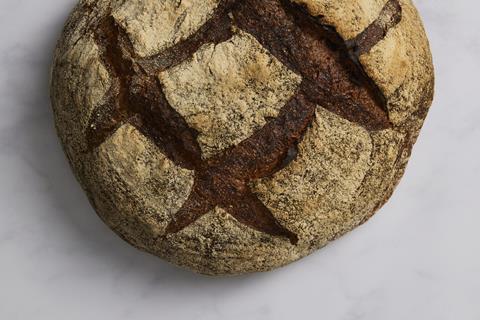
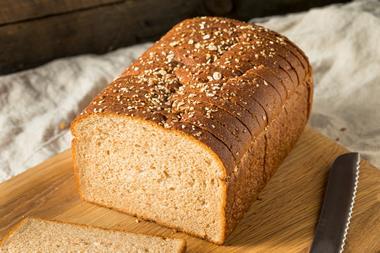
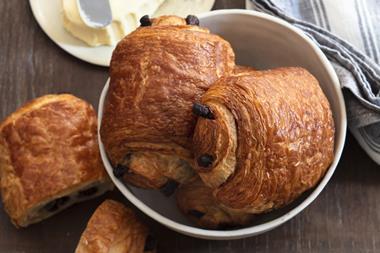

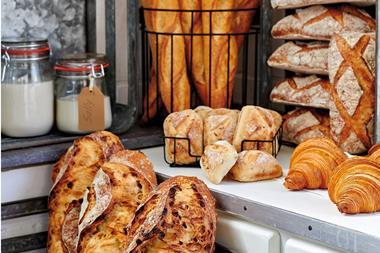
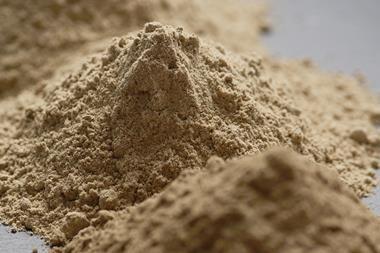
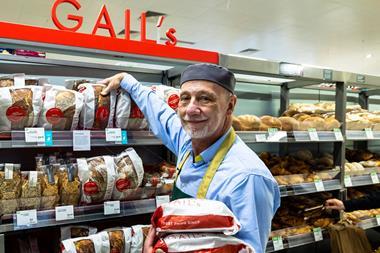
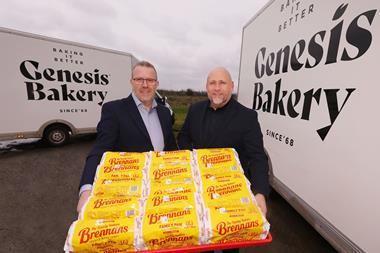
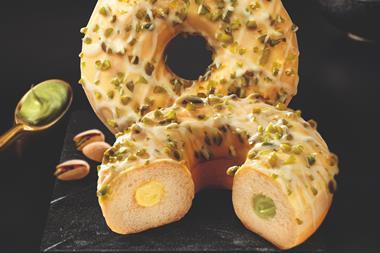


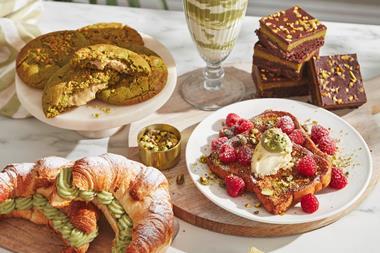


No comments yet